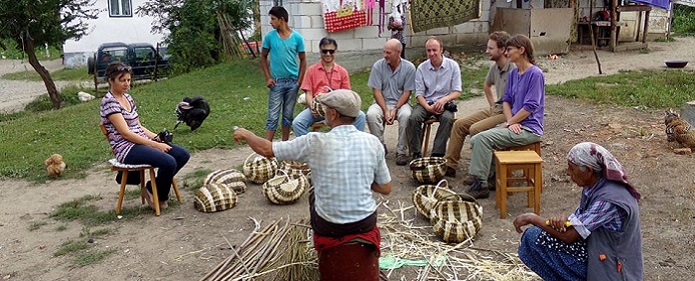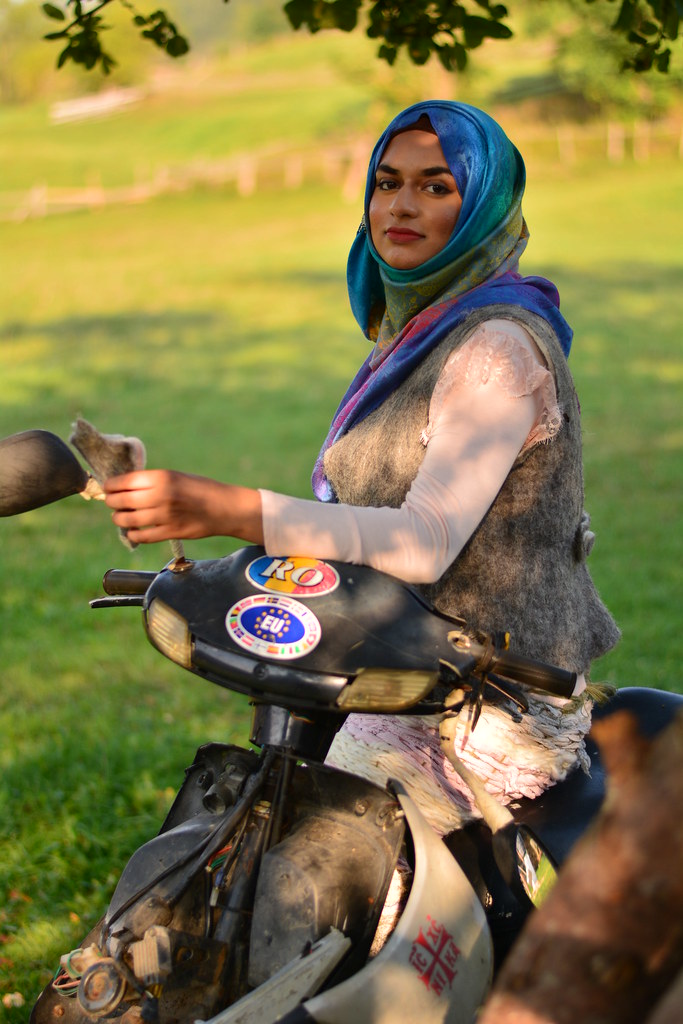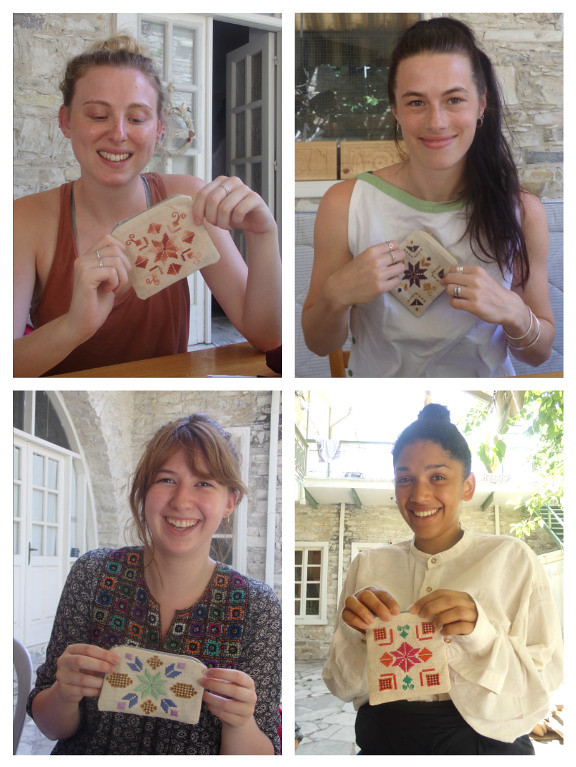
Nine marriages and a 'thank you for saving my life' letter - Grampus Heritage and Training sees the true impact of Erasmus+ projects
Grampus Heritage and Training is a not-for-profit organisation which is passionate about culture, heritage, archaeology and the environment. Its main aim is to preserve disappearing skills across Europe. With a long history of successful European projects, having been involved in programmes like Leonardo da Vinci since 1995, the organisation is a proud holder of the prestigious VET Mobility Charter (VMC), which recognises quality and dedication in mobility projects.
Grampus Heritage has helped to shape a wealth of personal stories over the years. With projects covering everything from sand dune erosion to shepherd-inspired fashion, the team works hard to preserve and maintain the historic environment and focus on the significance of re-introducing traditional European crafts at risk of being lost forever to the march of technology.
Grampus Heritage placements are all about supporting rural communities, saving skills and, in the process, improving the employability of young people by giving them an experience abroad where they can develop a skill they would otherwise never have had the opportunity to learn.
 One project that's pioneering the re-introduction of traditional crafts is 'Placements in Environmental, Archaeological and Traditional Skills' (PEATS). Through this project, more than 300 students from the UK have so far been given the opportunity to participate in placements in Bulgaria, Cyprus, Ireland, Romania and Slovakia.
One project that's pioneering the re-introduction of traditional crafts is 'Placements in Environmental, Archaeological and Traditional Skills' (PEATS). Through this project, more than 300 students from the UK have so far been given the opportunity to participate in placements in Bulgaria, Cyprus, Ireland, Romania and Slovakia.
Grampus Heritage's Martin Clark said: "In 2004 we sent a young man to Slovakia to train for a year in becoming a barrel maker. He's now a ship builder in Norway. We realised this was a skill that wouldn't have been available in the UK. He would not have got his job if it wasn't for that experience. The Slovakians are a nation who know about forests and wood - it was important for us to tap into the great wealth of knowledge these people have to improve our own forestry and wood-use knowledge."
What is the VET Mobility Charter?
The Charter aims to reward and promote quality in mobility, enabling sending organisations to further develop their international strategies. Charter holders benefit from streamlined procedures, including the application process, the organisation of mobility projects and reporting activities. So why apply for the Charter? Some of the benefits for Grampus Heritage are:
- the ability to plan longer-term;
- the development of stronger consortiums of UK partners;
- less stress for staff during the application process;
- an increase in general confidence in the projects and organisation.
Having the VMC gives you confidence in your project; you can develop so much more with your partners, you can refine your strategy and without it you're only as good as your next application.
Reaping the benefits
While many people would focus on the soft skills developed alongside a traditional craft, such as an increase in confidence and communication skills, Martin has also seen how Grampus Heritage projects can impact the wider lives of participants.
"Nine marriages are known to us," he said. "A former substance abuser wrote to Grampus to thank us for saving his life and, to our knowledge, over 50 UK learners are now working in Europe as a direct result." 
Erasmus+ funding has also developed the organisation itself.
"European funding has completely shaped Grampus," Martin adds. "It has made us 100% European-aligned in our direction and policies. We've always worked with different programmes and we've tried to serve the whole community, using a jigsaw puzzle of European and UK programmes."
Martin equates much of the organisation's success with European funded projects to their internationalisation strategy. "It wouldn't be possible for us to be here for over 20 years without an internationalisation strategy. You can't abandon your business strategy, but if you are secure in your business thinking, you have more freedom to let your internationalisation blossom.
"A part of our strategy is to search for real examples of sustainability and allocate a score of 1 to 10 each for environmental, cultural, social and economic aspects. Forty would be the perfect score. We've never found it but we are only satisfied with over 25 out of 40 for the skills, products, processes, ethos and, very importantly, the economic opportunity offered through our Erasmus+ placements."
Martin has the following advice for organisations thinking about getting involved in Erasmus+ projects:
We have partners going back 26 years that are almost family. Spread out, work with different kinds of institutions, this is like real-life and it's so much more interesting.
Interested in finding out more about the VMC? Visit our dedicated page!

Add new comment